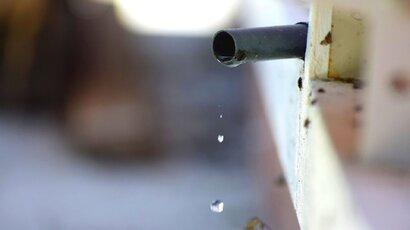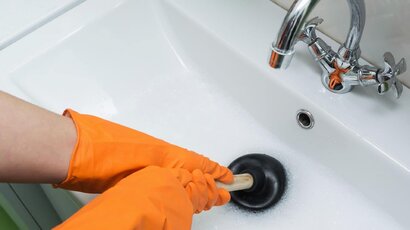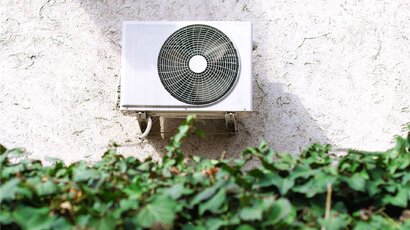Fixing a clogged drain is no fun, yet most of us may face such a situation eventually.
When one pipe in the plumbing system malfunctions, it causes a chain reaction that damages other parts of the house. For instance, a bathroom pipe getting blocked can cause a high rate of water backflow out the drains, which spills on the floors. The increased water pressure can sometimes cause the pipe to crack internally, and water seeps into the walls.
These issues can be harmful and burn holes in your wallet with repair costs. Maybe it’s time to find out the most common causes of blocked drains so that you can prevent such occurrences in the future.
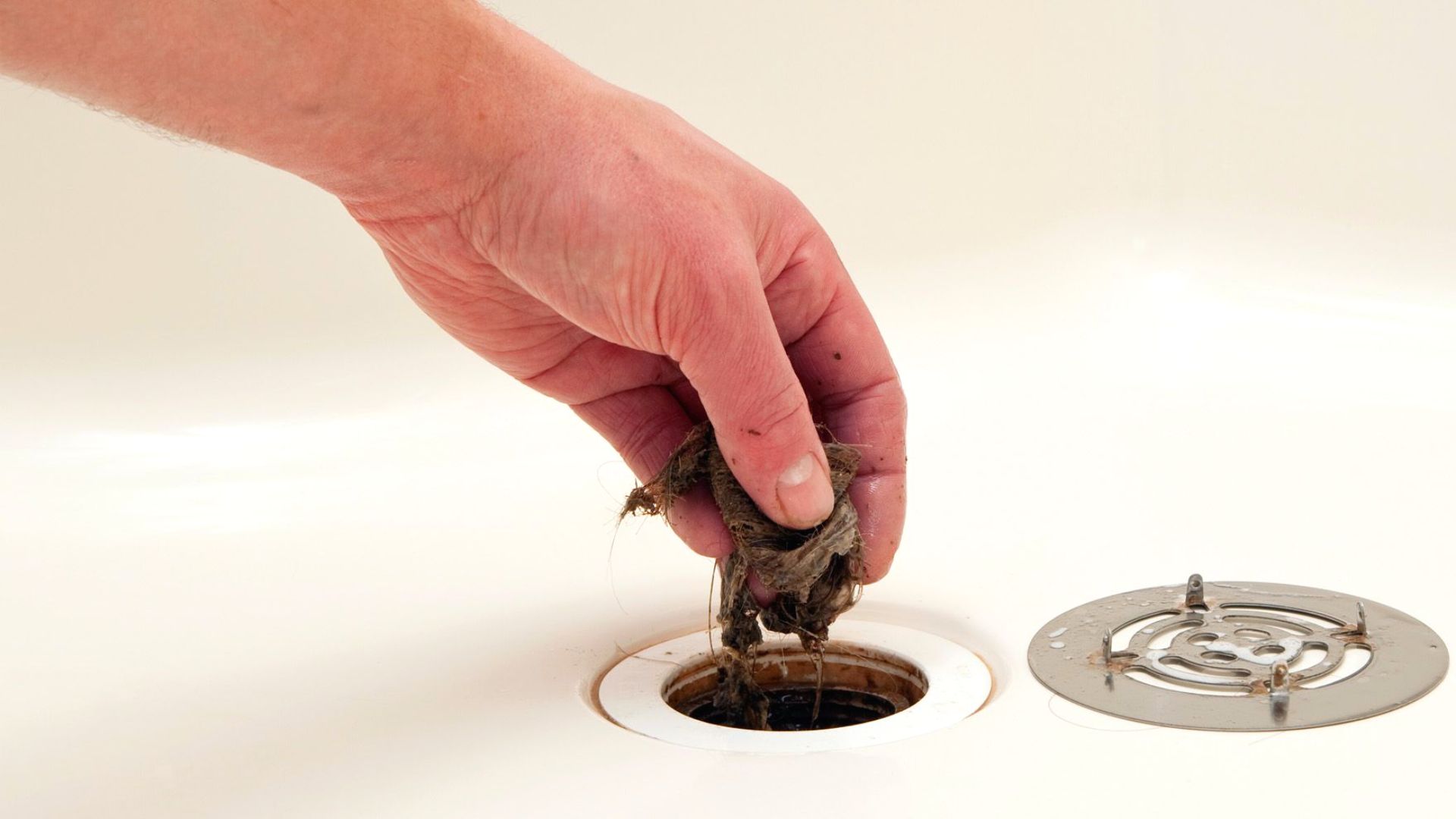
Human or animal hairs, along with other stringy items like dental floss, contribute to the clogging of drains. The shower, bathroom, and laundry drains are most susceptible to collecting these items and can form stubborn clumps in the drain.
Most of these items do not cause a blocked drain on their own; the combination of various debris does. The hair strands can get combined with soap in the drain and harden, thus blocking the drain system.
Contrary to what you may assume, soaps do not entirely dissolve with water and get washed out. After all, oils are a major component in soaps, and the grease or scum left behind accumulates over time. As they solidify and build-up, the diameter of the drains becomes narrower, leaving little space for water to pass through.
Additionally, soap scum easily combines with dirt and other materials, increasing the blockage further.

The paper used in toilet rolls disintegrates easily, but large amounts have the potential to get clumped up. Besides, low-quality toilet paper is stiff and does not dissolve in water, increasing the risk of clogging drains.
Also, other items like hand and face wipes, baby wipes, diapers, cotton swabs, and feminine hygiene products like tampons are not supposed to be in the drains. Since they do not dissolve, they will create problems in the sewer pipes, and you’ll have to reach out to a plumber.
Washing oily dishes will eventually cause some oils and grease to flow down the drain. Even if you consciously try to eliminate most of the fats from dishes, it is impossible to prevent them from entering the drains entirely. But, this can cause severe blockages in the plumbing system and may damage the plumbing system if proper methods are not used to clear them.
Pouring hot water down the drain will not help when the build-up is largely made of oils. Instead, you may need to try methods like plunging or using hot water with detergent to break down the solidified parts.
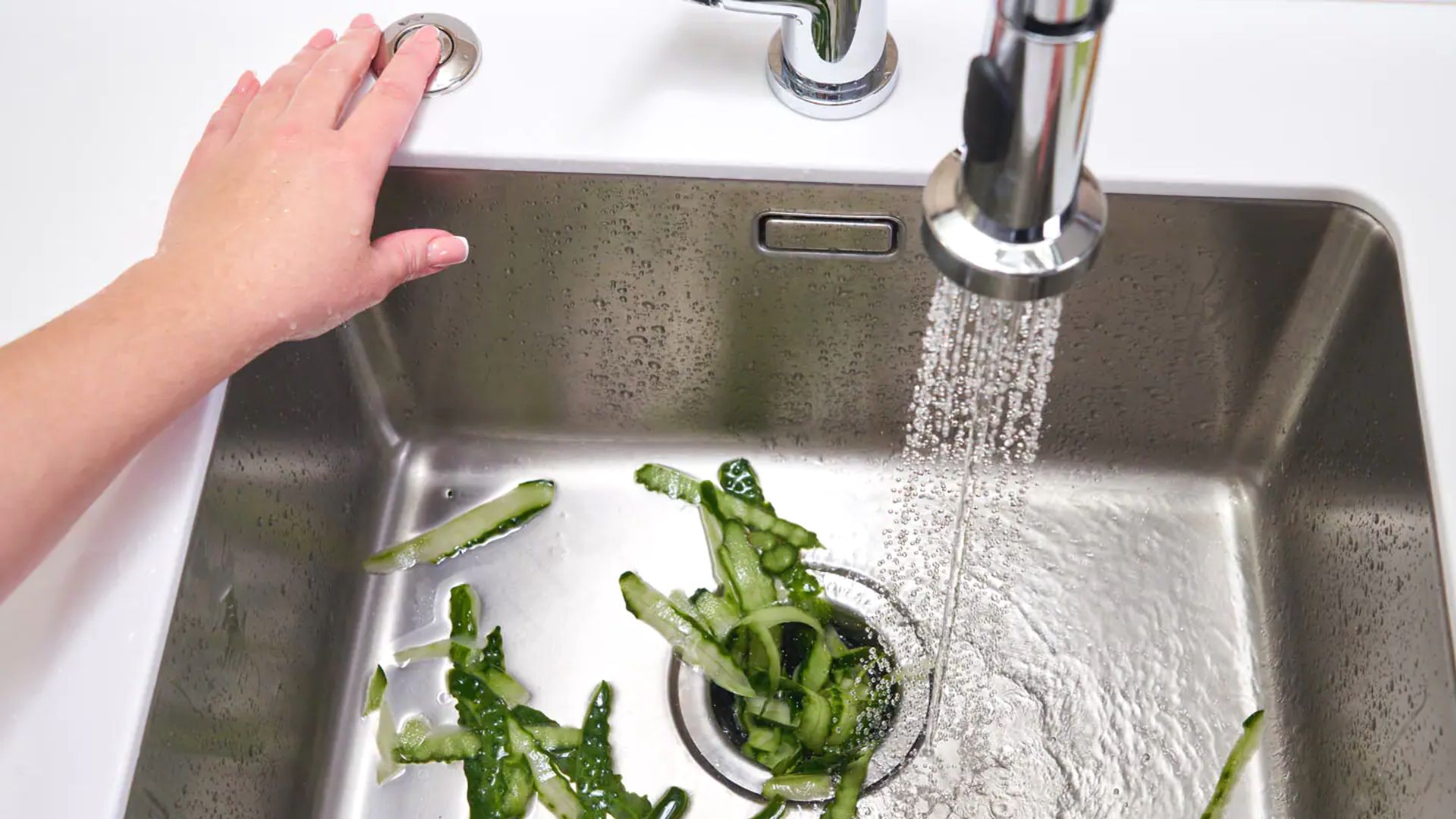
Food waste always goes down the drain in kitchen sinks unless you carefully clear the dishes beforehand. Yet, a few bits always escape and clog the kitchen drains. Liquids are not much of a problem, but some food items like coffee grounds and tea leaves stay in the pipes without dissolving.
Using a drain cleaner or drain snake can be quite effective in fixing blockages in kitchen sinks. Try plunging into the drain to displace the blockage and allow water to pass through.
When cracks develop in the internal plumbing system, the water starts seeping into the underground soil. Surrounding trees and bushes have deep roots within the ground and can detect the water source. Even if the crack in pipes is small, the tree roots can make their way inside and steadily grow.
Often, these tree roots can grow to a point where they can block the entire water flow of the pipe and cause further damage. This issue does not have a DIY solution, so you’ll need to contact a professional plumber.
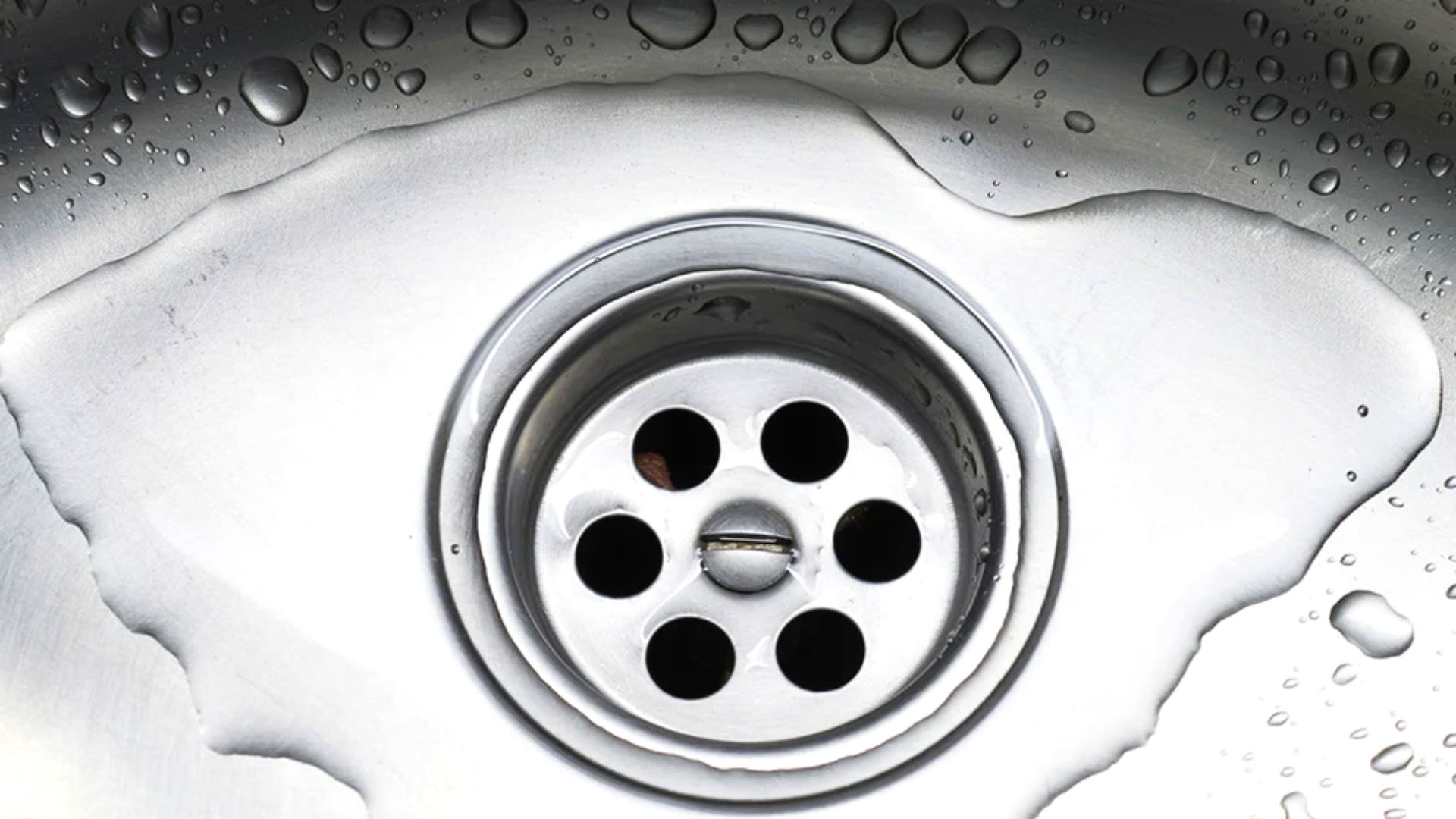
Small objects like children’s toys can accidentally fall into toilet bowls and flush down. Other times, the shower or bathroom drain coverings may be misplaced, and items can accidentally go down the drain without the guard. A toilet auger may help recover foreign objects. Otherwise, you’ll need to rely on a professional plumber.
Of course, you can wash dirt or sand down the drain. It’s alright for the water to carry some mud and sand down the drain after cleaning up post-gardening. However, if the amount becomes excessive, the drain will not be able to wash it away entirely.
So, there will be a gradual build-up of dirt which will combine with other materials and harden.

Areas with hard water tend to have faster mineral build-up in the drains. These deposits occur naturally over time, and there isn’t a solution unless a water softener is installed. This device removes the excess minerals in hard water, keeping the water appliances in better condition for a long time.
Keep a look out for the symptoms of a clogged drain to prevent severe build-up beforehand. If the bathroom or kitchen sink, toilet, or shower drains slowly, it may indicate a blockage in the pipes. Sometimes, there will be gurgling sounds, backflow of water, or no water drainage.
That’s when you know it’s time to immediately prevent the problem from worsening. If you are unsure how to handle these situations, contact a reliable local plumber to assist you with the blocked drains. Involving a professional is recommended because they can help you fix the problem safely and efficiently.
Whenever you need a professional plumber in Melbourne, contact Precision Electrical & Plumbing. Our years of experience in unblocking and repairing drains will restore your plumbing system in no time.
But that’s all for today, folks; see you later!
{{author:bio}}
Find them on their website: Precision Electrical & Plumbing, Facebook and LinkedIn.
Are you concerned about why your air conditioner is leaking? We have brought a detailed guide that may help you detect the issue instantly and how to address it.
Read MoreHaving drain problems at home? Read about these 5 easy tips to quickly unblock a drain before it turns into a burst pipe.
Read MoreAre you trying to use your AC correctly and reduce the electricity bill? We are here to help you with our tried and tested methods for keeping your air con in the best condition!
Read More
